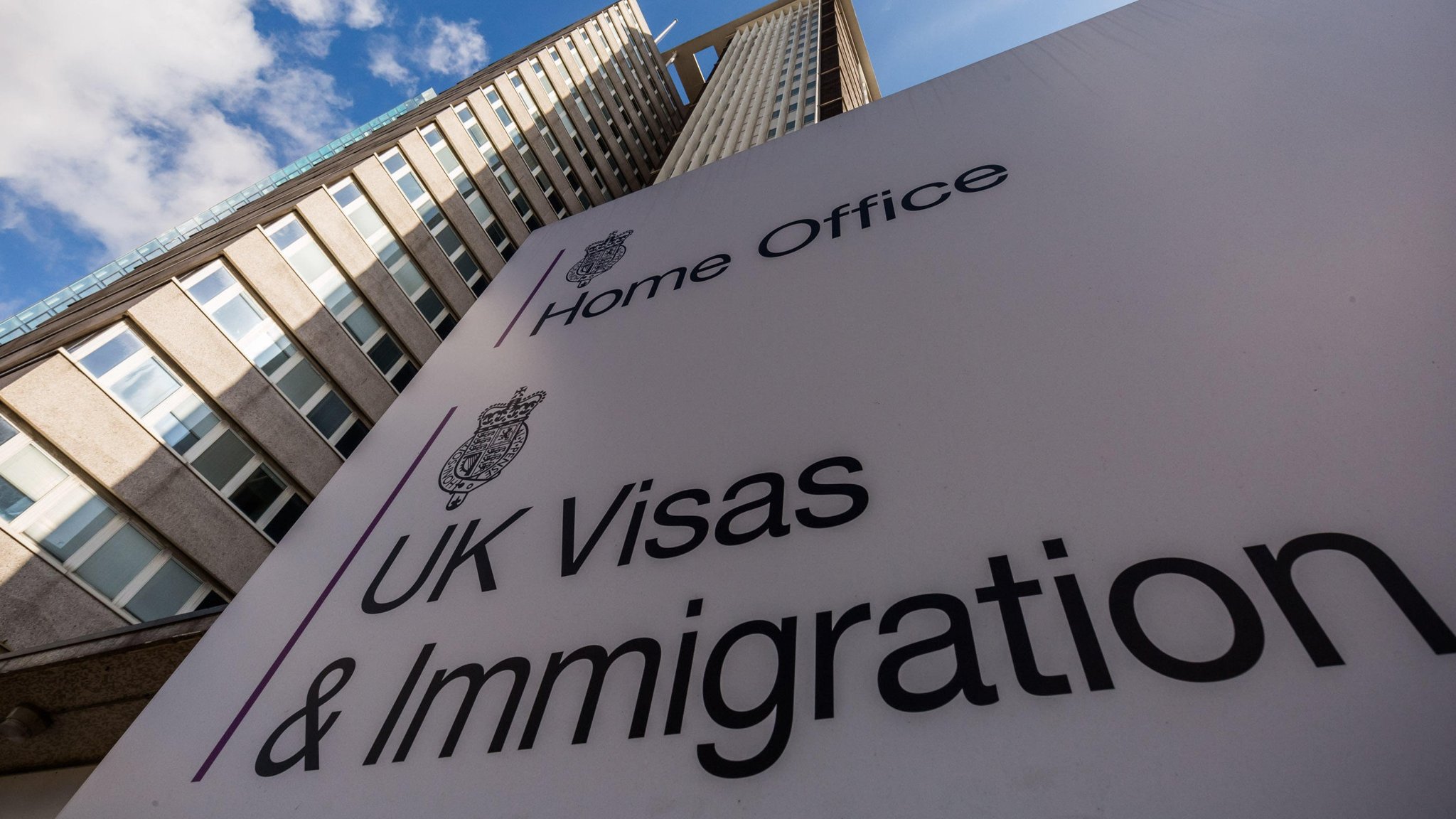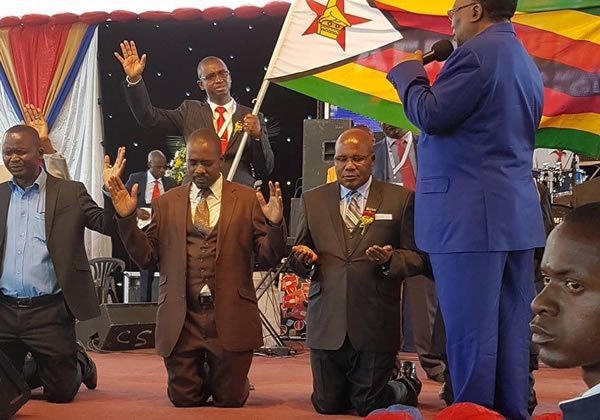by Nick Mangwana
CORRUPTION is one the most debilitating vices of our time. It touches every single sinew, tendon and capillary of our very being. But the fight against it has been lacklustre, make-believe, a sham or more generously, shambolic. Every time this columnist writes about corruption there are people out there that always ask why one is taking the risk of either being thrown out of the party or something worse. This is a very strange notion for it implies that there is a link between the party and corruption. Some have even gone on to say these two are inseparable Siamese twins. This is surely a wrong hypothesis.
The challenge is how can it be proved wrong when Zanu PF has all the State power at its disposal and yet the country is cankering under its watch? Granted, the problem affects the whole of Zimbabwean society and every political party but there is only one party with State power. Therefore, when things are let to slide the people blame those they entrusted with that power. If nothing is still done, the people come to the very obvious conclusion that things are left to be because there is political corruption.
Political corruption is the use of political power by government officials for illegitimate private gain. Last week all eyes were on a troubled neighbour whose head of the judiciary pointed to what looked like a clear case of political corruption in motion. But that is them. How about us here? We should not only learn from China’s intolerance of media intrusion and subversion. We also need to learn from its intolerance of corruption.
Where is the sense of priority in the nation? Gays are not a threat to our social fabric. Social media is not a threat to our social fabric. Corruption is the ill that is a threat not only to our social fabric but to our very existence. If we are not in complicity, then “Zero Tolerance” should mean just that.
This country has let corruption be so entrenched that it is no longer treated as a malady. That is a total loss of a moral compass. One finds a group of compatriots talking about so and so and asks them who that person is. They simply say, “ndeimwewo mbavha yemuHarare” (he is one of these Harare criminals). That statement is made with a lot of endearment to the person. Since when did the country grow such an affection for criminals? So the younger will emulate their role models.
And the current role models are the dishonest. Whilst in other countries a lot of impressionable youngsters want to be elite sportspersons or musicians because they are the most visibly successful role models, Harare youngster are looking up to criminals in the corridors of power. This is indeed a national security threat and should be the top issue on every Cabinet Briefing Paper.
But here is the problem; the initiators, actors and profiteers are politicians. The people have always known that politicians cannot be trusted because they lie. It was not because they are dirty. Now they cannot be trusted because they are self-serving and corrupt. Corruption derails the rules and institutions and stops the latter from exercising their constitutional mandates. And without those any State is doomed.
It is corrupt to have corruption exposed everyday but no one is arrested. As if that is not enough, ill-gotten wealth is brandished and flaunted in front of the population. This is unprecedented impunity which is not only losing the country of the current generation. If unchecked the next generation is going to be equally doomed. People that occupy State allocated positions of authority should not allocate State resources to themselves. We will write about it, but they will do it anyway. Why? Just because they can.
Recently there has been a lot of statements to the effect that young people are not respecting their seniors and elders. It is the seniors that are not respecting themselves. When a father arrogates a whole family meal to themselves whilst the children go hungry, that father forfeits the right to be respected. We live in an age where respect is earned. It is not simply positional. In any case, everyone starts with a cup-full of respect. It is them, and only them, that can determine whether, by the end of the day, that cup is still full. Every action or statement can easily be an assault on their own respect. They should not then cry foul when they find that their cup of respect is empty or in some cases they will find new contents; disdain.
Public power and position should not be used for private benefit. The term “public servant” means that the public are the masters; serve them. When leaders fail to serve the interests of their masters, they should not complain when the masters started throwing scorn at them.
The ruling elite should not and is not a cult to be worshipped by a zombified populace. They should not behave like a secret society whose raison d’etre is to loot and plunder. The repercussions of letting impunity set root is that public morale is decimated and faith in the political system is lost. The ruling class are perceived as a Mafioso.
How can this not be so when those who are mandated to fight corruption are arrested when they do their jobs? When that happens that is political corruption. This is the type of corruption that manipulates political institutions and subverts the rules in order to achieve an outcome which is not for the common good but which serves parochial interests.
For example, when the police are used as someone’s personal militia instead of serving the interests of the nation. When a professional policeman starts taking external direction (from those not part of the Criminal Justice system) on who to arrest and who not to arrest, that type of institutional decay is political corruption. This we see when the Auditor General issues one adverse report after the other and not a single person is brought in for questioning yet the evidence of impropriety is glaring for all to see. Immunity from persecution should be granted to those that fight corruption and not immunity from prosecution for those who are neck deep in iniquitous activities.
When regulatory agencies are incapacitated from performing their statutory functions and those close to power set up structures for influence peddling, that is political corruption. For it is political corruption that resulted in the infamous $15 billion diamond revenue flight. It only happened because there were people or institutions that had been placed outside the scope of public scrutiny.
This is a problem in Zimbabwe because it is now difficult to distinguish political corruption and organised crime. There should be a meaningful challenge on power by the citizenry. That brings accountability. And to make this accountability work, bureaucracy as well as polices must and should subject themselves the legislative intention of the statute which in turn subjects itself to the Constitution. Any detraction from that spells anarchy. And that is the last thing we want for our country. No mazvakemazvake.
The Criminal Justice System should be consistent to maintain its legitimacy. There are very few questions when it comes to the judiciary itself. But that cannot be said of the police where the arm of the Criminal Justice system should begin. Two people should not commit the same crime in the same circumstances and one is arrested and the other is not. That makes the institution of the police lose its legitimacy. For how can it not when due process is bypassed? How can it not when political access is made more important than accountability?
Some people are opposed to disclosure of corruption because it comes across as scandal mongering and therefore paints a negative picture. But all is not lost, because State media is doing just that regardless of the police indifference which appears to be where the major part of the problem lies.
It is a flimsy defence to ask which country does not have corruption. The nation is not interested in other countries. They only have this one country and it is the resources and governance of this one that they are interested in. So, if political patronage is being practised everywhere that is fine, but that which is practised in Zimbabwe is the same as political corruption in that, that which should be commonage is personalised and individualised, packaged as a someone’s generosity to benefit certain individuals and never the for collective benefit of society.
Is the establishment letting corruption thrive because it will benefit it in the end? Are institutions that are designed to exert control over this scourge somehow undermined so that they fail to deliver what they are mandated to deliver by the constitution? These are the questions Zimbabweans are asking every day.
A lot more have given up asking. They just see the state of the notion as a statement of fact. One cannot fault their logic for it is within the capacity of those in power not to weaken the very institutions they put in place to fight corruption by under-funding them and disempowering them through interference in their operations?
Public power should not be abused for private gain. Is it not a strange operation when a person that is fishing catches a big fish and chooses to return it in the water and yet when they catch a small fish, they take it home and throw a party for the whole village?






